
Nostalgia is political suicide. When leaders of a nation long for the past, when they romanticize a version of yesterday to avoid addressing problems facing the nation today, it gives way to regressive policies that promise untold damage for their civilization.
Nostalgia is an integral part of human nature. Many of us envision our childhoods with a golden glow — a time of innocence, of cohesion, of simplicity — when in reality, there was tumult we either were not aware of, or we were conditioned not to remember. The same can be said about politics. When Trump Republicans chant “Make America Great Again,” it is incumbent upon us to inquire of them in which time period America was “great.” Was it when segregation was legal? Or when women were mostly confined to domestic duties? Or when crack cocaine infested American cities? As justification for the invasion of Ukraine, Vladimir Putin has enshrined the memory of a “united” Soviet Union, which in his mind was glorious, but in the minds of ethnic minorities, was marked by repression and bloodshed. Every fascist campaign of the past has fetishized a previous period of utopia that never existed, such as Benito Mussolini’s belief that the Roman Empire was the height of Italy’s greatness, when in reality the life expectancy of an average Roman was twenty-five years old.
Nostalgia is the death knell of any political movement. As Tony Kushner writes in his play “Angels in America,” “the world only spins forward,” and only those who keep their eyes forward — on the future, not the past — have the capacity to progress and to succeed. Those who keep their eyes on the past will drag their people down with them.
Regrettably, given that the Jewish people are just like any other people, we are not immune to the seduction of nostalgia. The most obvious example of this is the deeply ideological movement to settle Israeli Jews in the West Bank, land the settlers call “Judea and Samaria.” Referring to the land between the Jordan River and the 1948 Armistice Line as the biblical Jewish realm reveals a longing to return to the days of David and Joshua, which for thousands of years in the Jewish imagination represented the zenith of political prowess and spiritual strength in The Holy Land. Yet Judaism in these days of old lacked the fundamental tenets of Judaism we recognize today. We had a kingdom, yes, but this kingdom was marred by corruption, war, disease, and fragmented peoples. The Hasmonean Dynasty, the last gasp of Jewish sovereignty before the founding of the modern State of Israel, was not characterized by glistening menorahs and common religious purpose as we understand it today. Instead, the Hasmoneans were power-hungry extremists who bore little good will for common shepherds and Jerusalemites whose beliefs were astronomically different from those of even the most religious Jews today.
As such, any inclination to return to this period by means of land acquisition should be challenged outright.
Nostalgic Zionism is a breed of Zionism that is not satisfied with a fortified Jewish state in part of our historic homeland, where Jews of all stripes, secular and religious, can practice their God-given right to self-determination.
Nostalgic Zionism is a breed of Zionism that is not satisfied with a fortified Jewish state in part of our historic homeland, where Jews of all stripes, secular and religious, can practice their God-given right to self-determination. Nostalgic Zionism demands possession of the entire biblical land of Israel, if not on both sides of the Jordan River, then at least extending throughout lands where hundreds of thousands of non-Jews live. To achieve this, nostalgic Zionism is willing to sacrifice the democratic nature of Israel, and therefore Israel’s standing in the international arena, along with any future where sovereignty as we understand it today through the means of independent nation states is protected. Nostalgic Zionism lionizes Halacha, Jewish law, over modern jurisprudence. It values the aesthetic of Jewish power rather than the conditions that make Jewish power sustainable, and therefore, like nostalgic movements of the past, nostalgic Zionism works to undo the very project it claims to advance.
Israeli author Tsvi Bisk captures the severity of this movement in his seminal, and very Zionist, 2015 novel, “The Suicide of the Jews,” in which a fictitious Jew of the future recalls with sorrow the political trends that not only destroyed Israel but also Jewish communities in the Diaspora. As Israel became more fascistic, settling the West Bank and positioning the Rabbinate in charge of most domestic affairs, young secular Israelis began dodging army service as if it were the plague, the number of Jews moving to the land of Israel from their respective countries plunged dramatically, liberal American Jews grew more comfortable in disowning the Jewish state, jeopardizing their own Jewish identities, and moral self-confidence within Israel dropped, leading to a massive flight of the educated, the artistic and the cosmopolitan. The Jewish state, the Third Temple, was no more, a consequence of the entitlement, resentment, and nostalgia of its leadership.
“(Israel’s) initial successes having gone to its head, it was defeated by its misjudgments,” writes Bisk. “It came to believe it was capable of doing anything it wished without any negative consequences, it was done in by ignoring the constraints of reality.”
Fortunately, and obviously, this nightmare is not certain. The opposite of nostalgic Zionism is “futuristic Zionism,” known more commonly as liberal Zionism. It is this variant of the fight for Jewish self-determination that looks forward, not back. Liberal Zionism believes the land of Israel is essential for the existence of a Jewish state, but that the entirety of the land cannot come at the consequence of the state itself. Liberal Zionism worships the people of the land, not the land of the people. Liberal Zionism does not prey upon the nationalist, reactionary impulses of traumatized and hurting people in order to carry out nationalist, reactionary policies that hurt other people. Liberal Zionism will not sacrifice security, or integrity, or autonomy, but will also never sacrifice the Enlightenment-borne, modern principles that led to the very inception of Zionism to begin with.
The belief that territorial maximalism will redeem the Jewish people and prolong the existence of Israel is a farce. It will do the opposite.
The belief that territorial maximalism will redeem the Jewish people and prolong the existence of Israel is a farce. It will do the opposite. Bisk prophesizes that the death of Israel did not come from Iran’s nuclear program, or from the Palestinian “liberation” struggle, or from the nefarious double standards of the United Nations and European Union, but rather, it was “decades of poor life-style choices, of grand-strategic stupidity, overweening arrogance, illogical responses to real threats and provocations, and paranoid responses to perceived threats and provocations.” The root of this tragic twist of fate, Bisk makes clear, was the obsession with an idea of the past that never existed.
Blake Flayton is New Media Director and columnist for the Jewish Journal.








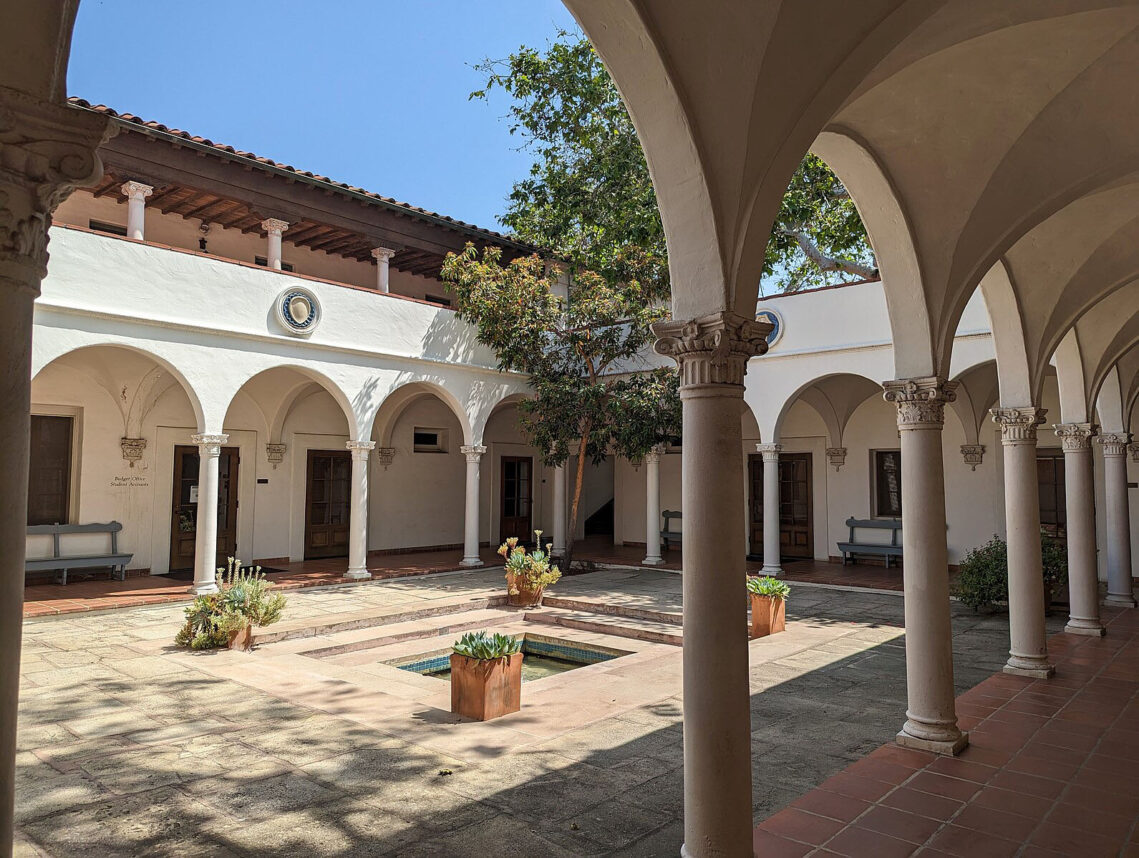


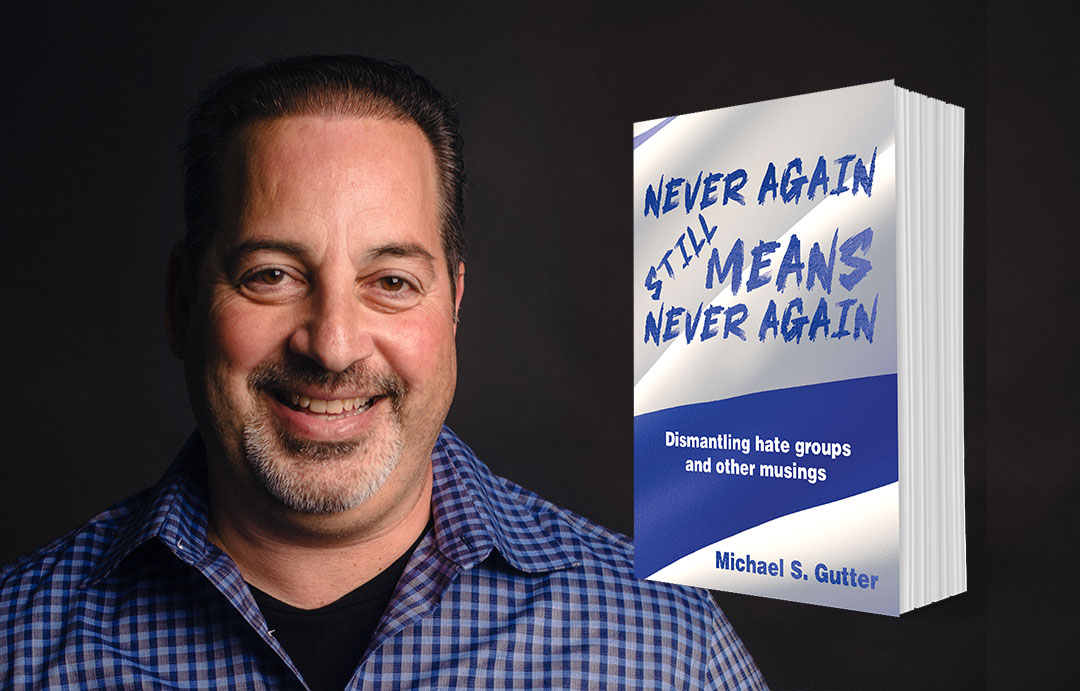
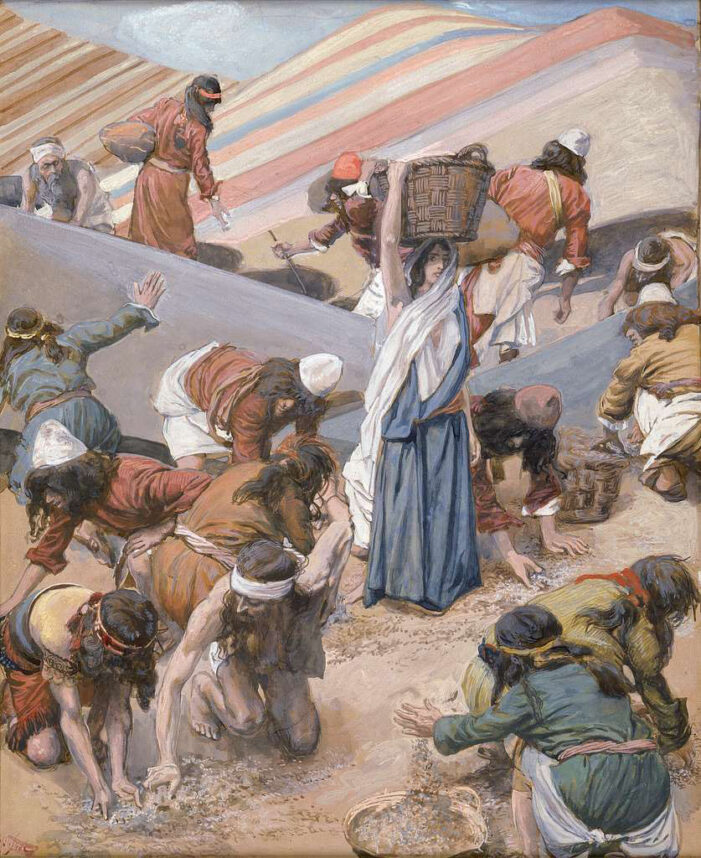

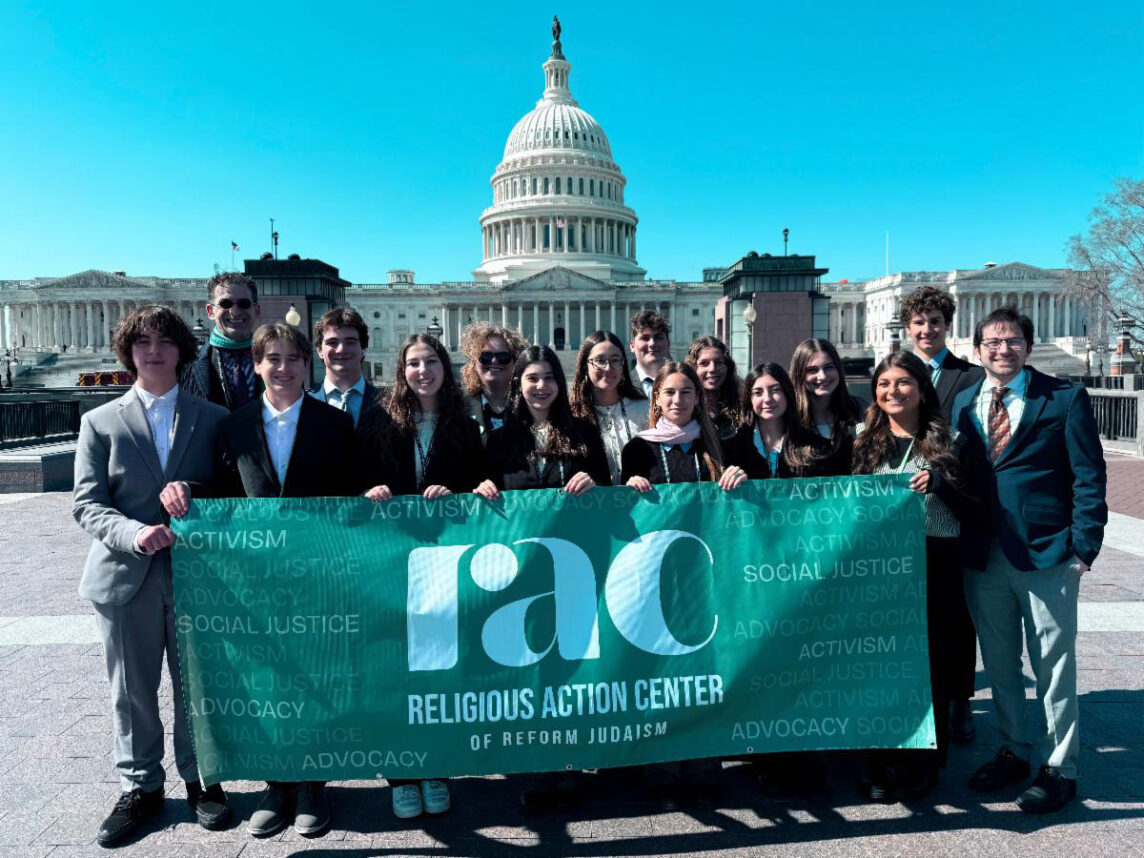
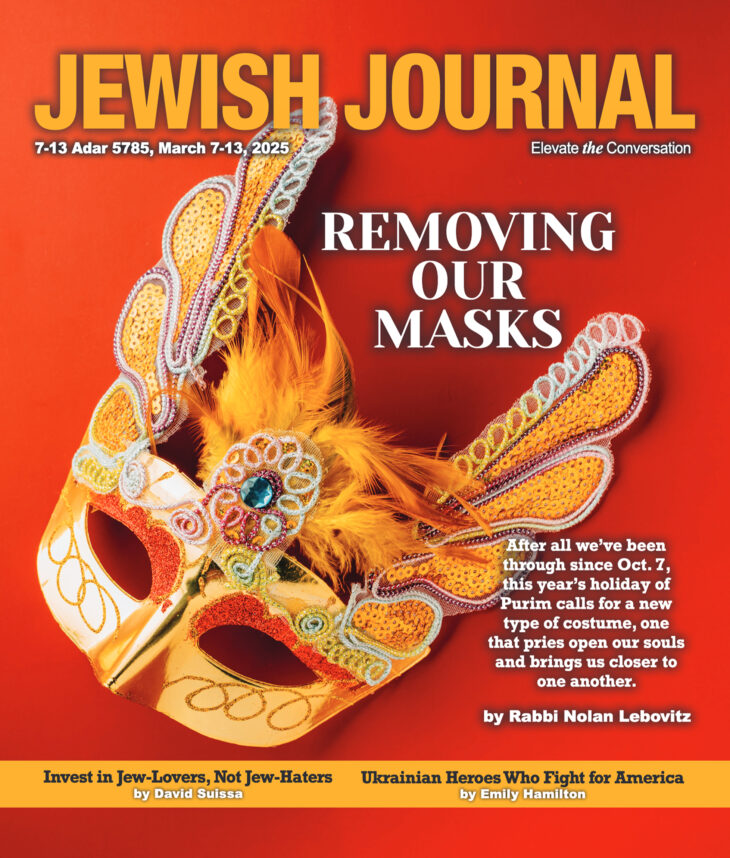








 More news and opinions than at a Shabbat dinner, right in your inbox.
More news and opinions than at a Shabbat dinner, right in your inbox.